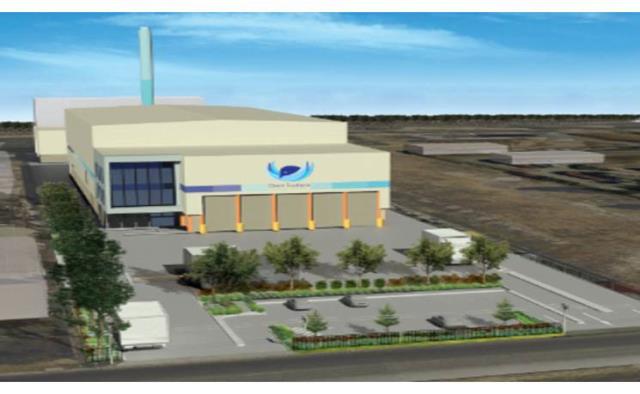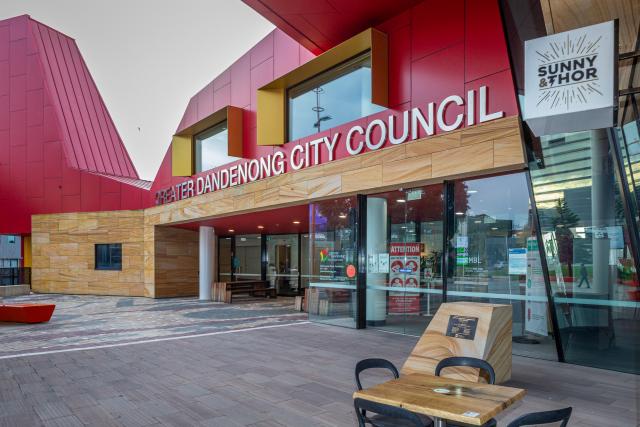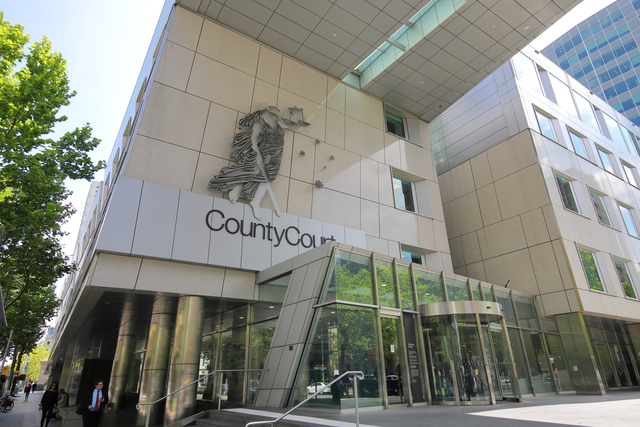Greater Dandenong councillors have unanimously voted against signing up to a multi-council waste-to-energy plant for the next 25 years.
Backing an alternative motion by Cr Rhonda Garad on 26 April, the council insists that the South East Metropolitan Advanced Waste Processing consortium publicly reveals the facility’s location.
The council insists that the plant will not be sited in Greater Dandenong.
In 2021, approval was granted for a waste-to-energy plant in Ordish Road, Dandenong South, despite Greater Dandenong Council’s opposition.
The SEMAWP’s advanced waste technology has yet to be finalised but is thought to involve a waste-to-energy incinerator. A successful tenderer has yet to be chosen.
Greater Dandenong also seeks more information on a raft of concerns, including financial liability and the impact on human health and the environment.
The facility’s business case must include the likelihood of a carbon price being introduced in the next 5 years, the council resolved.
Cr Garad said the deferral or withdrawal of eight councils was for “very good reasons”, likening the project to Victoria’s “white elephant” desal plant.
She said the contract was like locking in 10 per cent interest rates on a mortgage while variable rates were very low.
“It is a gamble that is likely not to pay off.
“It carries significant financial risk. It locks in a whole generation of citizens in our municipality for 25 years to uphold this contract.
“Most importantly it flies in the face of our current policy of sustainability, a proper functioning circular economy and net carbon reduction targets.”
Cr Tim Dark concurred, though not on the issue of a “carbon net zero” target or carbon pricing.
The council faced a “significant” financial burden of potentially “millions” if “it’s not done right”, he said.
“There’s still many, many unknowns with the cost perspective, in terms of how it is to be dealth and the financial effects on this council.”
Cr Dark said a solution needed to be found due to the looming landfill shortage, but more “backgrounding” was required.
Greater Dandenong’s other concerns include the financial penalties for failing to supply the minimum waste tonnage and its potential liability to the plant’s contractor.
The plant, which incinerates waste and converts it to electricity, must also be “consistent with the council’s net zero carbon policy” and not detrimental to the environment or human health, the council resolved.
Just seven of 15 SEMAWP shareholder councils have committed to the contract – casting doubt on the project’s viability.
It was set up to address rising costs of landfill and a looming landfill shortage – with the Hampton Park tip set to close as early as 2025, according to the council.
The signed-on councils are Bayside, Cardinia Shire, Casey, Kingston, Knox, Whitehorse and Yarra Ranges Shire.
Frankston and Mornington Peninsula have deferred, while Boroondara, Glen Eira, Monash, Manningham and Stonnington have withdrawn.
According to a Greater Dandenong report, the risk of not signing onto the contract is that the council would not be able to send its waste to the facility or would be charged a more expensive gate free.
It also states that without a majority of councils, the project was “unlikely to proceed”.
However, elsewhere in the report, it states that the project depends on a minimum waste supply rather than a quota of member councils.







